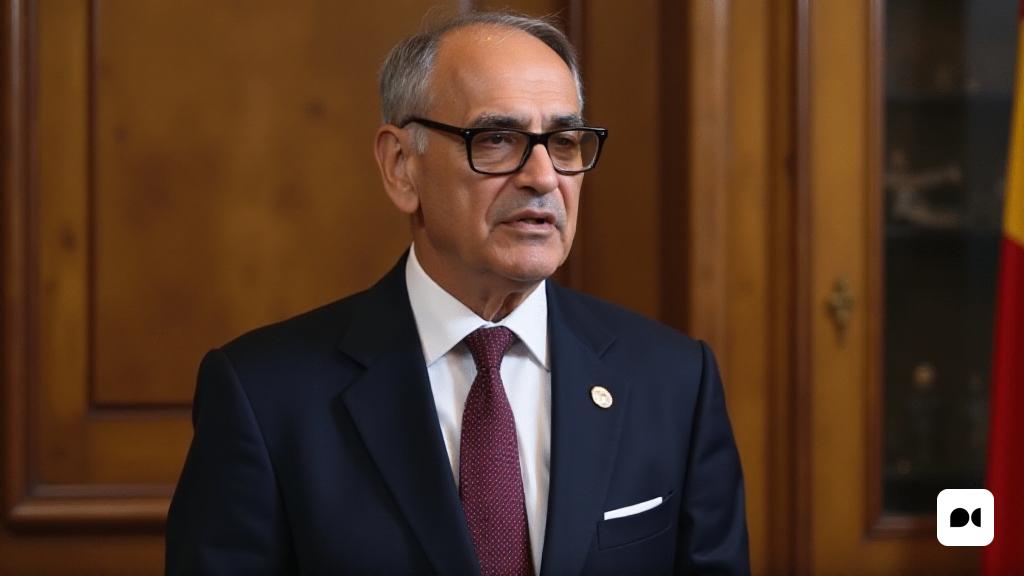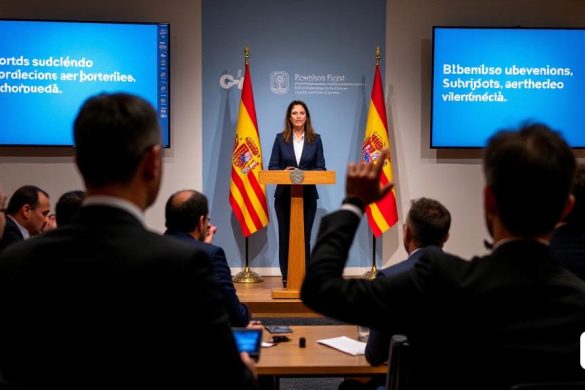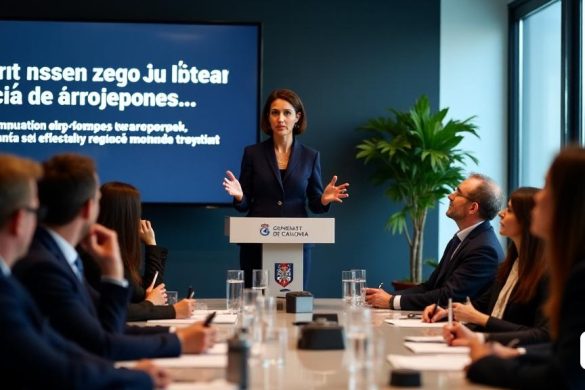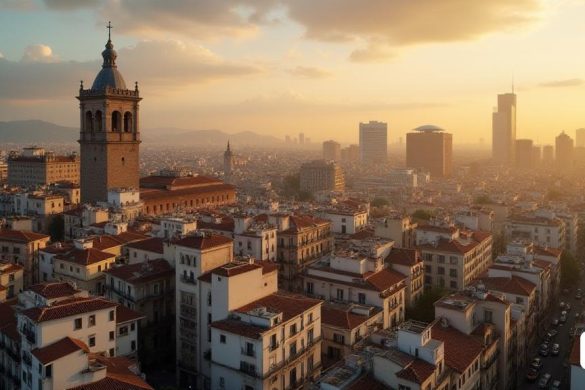A new chapter for the Generalitat
The president of the Generalitat, Salvador Illa, is preparing for an important appearance in the Parliament of Catalonia next Thursday. This intervention aims to present the structure of his new government, after an intense period of negotiations and appointments that will culminate with the meeting of his executive in Poblet.
Details of the presentation
Illa will detail the priorities of his government and the names of the councilors who will accompany him, at a key moment for Catalan politics. The Bureau and the Board of Speakers of the Parliament have recently met to prepare the convening of a plenary session where their appearance will be formalized, as well as the creation of the new legislative commissions.
Legal obligations and temporality
According to article 23 of law 13/2008 on the Presidency of the Generalitat, it is mandatory for the head of the executive to appear before Parliament to report on the composition of the government and any subsequent modifications. This will be Illa’s first appearance after his inauguration last August 8, with the support of ERC and the commons.
Criticism of the opposition
The appearance has also provoked adverse reactions, especially on the part of Junts per Catalunya, which has expressed its disagreement with the new configuration of the government. The parliamentary spokeswoman, Mònica Sales, has argued that this new executive is a reflection of a pact between forces that call themselves leftists, but that in reality it has given rise to a government that, according to her, does not represent the interests of the whole country.
Controversies about the directors
Sales has targeted two councilors in particular: the new Minister of Education, Esther Niubó, and the Councilor of the European Union and External Action, Jaume Duch. While Niubó is seen as a defender of the use of Spanish in schools, Duch is considered an example of a pro-Spanish profile, which raises concerns about the priorities of the new government.
Reflections on the future of government
With sixteen ministries in total, Junts has expressed that the new government may have more positions than political vision. According to Sales, the absence of a ministry dedicated to digital policies is a symptom of a government that, instead of focusing on the future, seems more oriented towards the past. This leaves expectations about how this new executive will address Catalonia’s current challenges.




